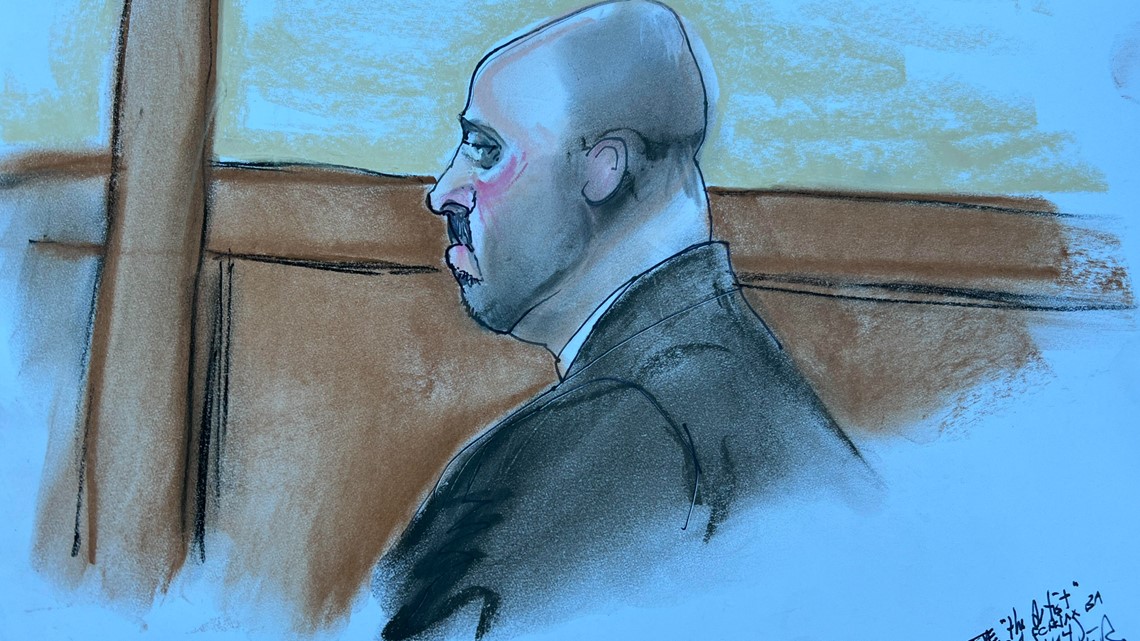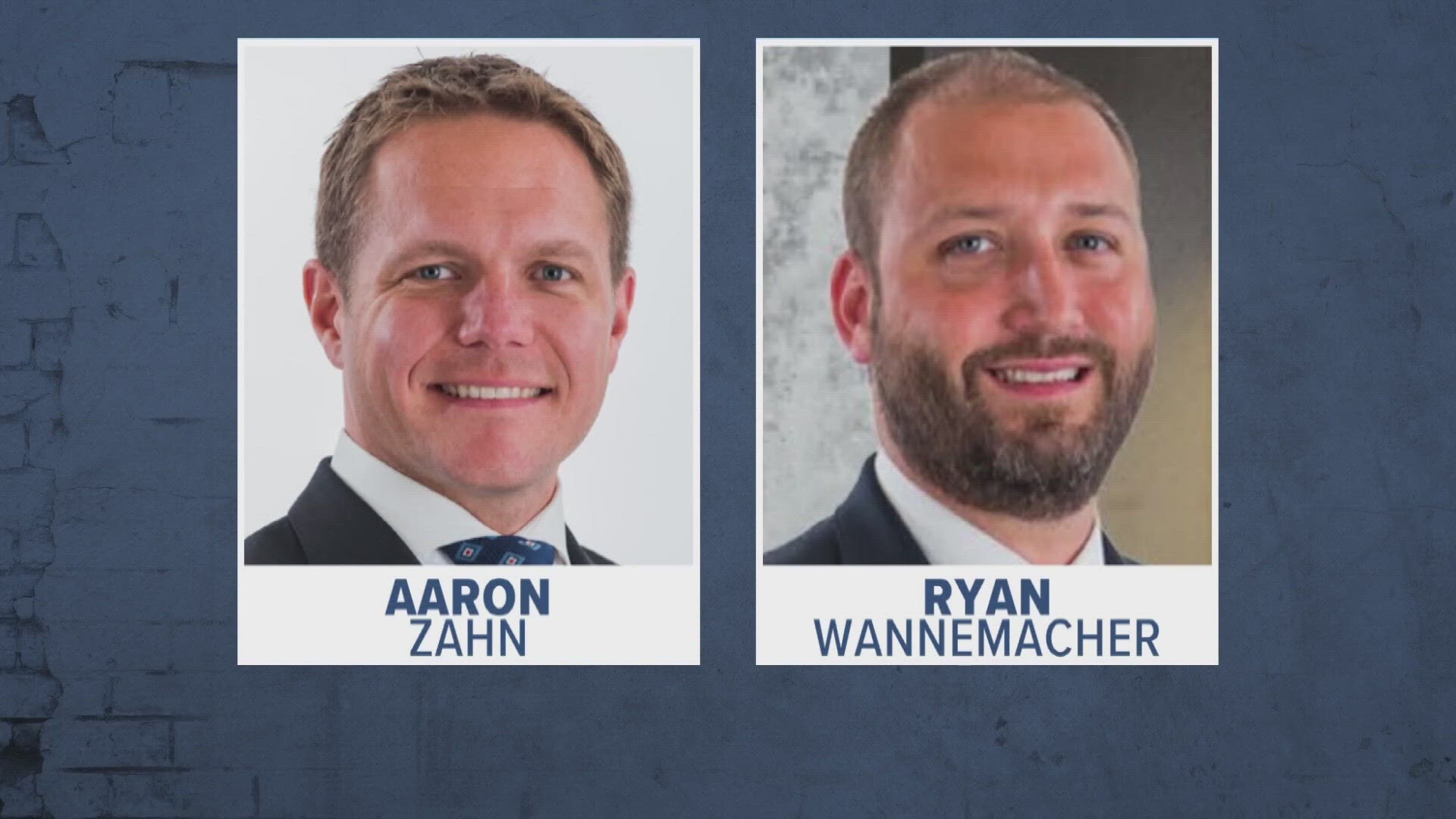JACKSONVILLE, Fla. — Former JEA CEO Aaron Zahn and former CFO Ryan Wannemacher went to trial Wednesday in federal court, the beginning of what has been called the largest fraud case in Jacksonville history.
The two executives are accused of masterminding a plot to privatize sell JEA -- the largest public utility in the state of Florida -- and skim a profit off the top. Prosecutors say it's a scheme that could have stolen millions of dollars from Jacksonville taxpayers.
The charges are conspiracy and wire fraud. The two are being tried together, but with separate juries.
A federal indictment alleges they worked together from March 2019 through November 2019 on a bonus plan that "would have paid hundreds of millions of dollars in bonuses, primarily to the top JEA executive including themselves" if JEA was sold. At the time, JEA was meeting with bidders and devising a plan to sell.
The two are accused of using secretive methods, included password-protected thumb drives, encrypted messaging services, erasable white boards and hand-delivering documents to avoid them being shared, to keep their plans to sell under wraps.
The assistant U.S. attorney representing the federal government and the defense attorneys for both Zahn and Wannemacher gave their opening statements Wednesday.
Here's what they said.
The prosecution
Assistant State Attorney Tysen Duva gave the first opening statement. He said Zahn and Wannemacher lied and deceived to steal millions. "They were gonna walk out the back door with hundreds of millions of dollars in their pocket," he said.
Duva described JEA as the "crown jewel" of the city of Jacksonville and described its rich history, stressing the utility's importance to the city.
He said Zahn and Wannemacher engaged in strategic planning to convince the board that selling JEA was the only way to go forward, describing to board members and the public a "death spiral" where JEA would crumble without intervention.
The JEA board was "tricked, deceived and hoodwinked," he said.
For the jury to decide if the two are guilty, Duva said, they only need to decide if the conspiracy happened.
The crux of the case against Zahn and Wannemacher is an incentive program called a "performance unit plan" or PUP for short. The concept involved JEA selling units to employees at $10 apiece. The value of the units would change according to how much the utility improved its financial value after three years, or sooner in the event of a JEA sale.
The amount of units available to purchase would increase with an employee's rank, meaning senior executives had far and away the most.
The indictment of Zahn and Wannemacher alleges they knew that if JEA were sold, the formula for the PUP payouts to employees would result in a huge windfall for them and other high-standing JEA employees. Higher-ups could pocket a chunk of the net sales proceeds that otherwise would have gone to taxpayers as a result of selling the city-owned utility.
He said that Zahn and Wannemacher hid how much money they stood to receive from this plan. "The evidence will show that they both, unequivocally, knew it."
While Zahn and Wannemacher's representation has argued their plans were all reviewed by legal counsel, Duva says that "no lawyer is going to get on that stand and say, 'I said this was OK.' That person doesn't exist."

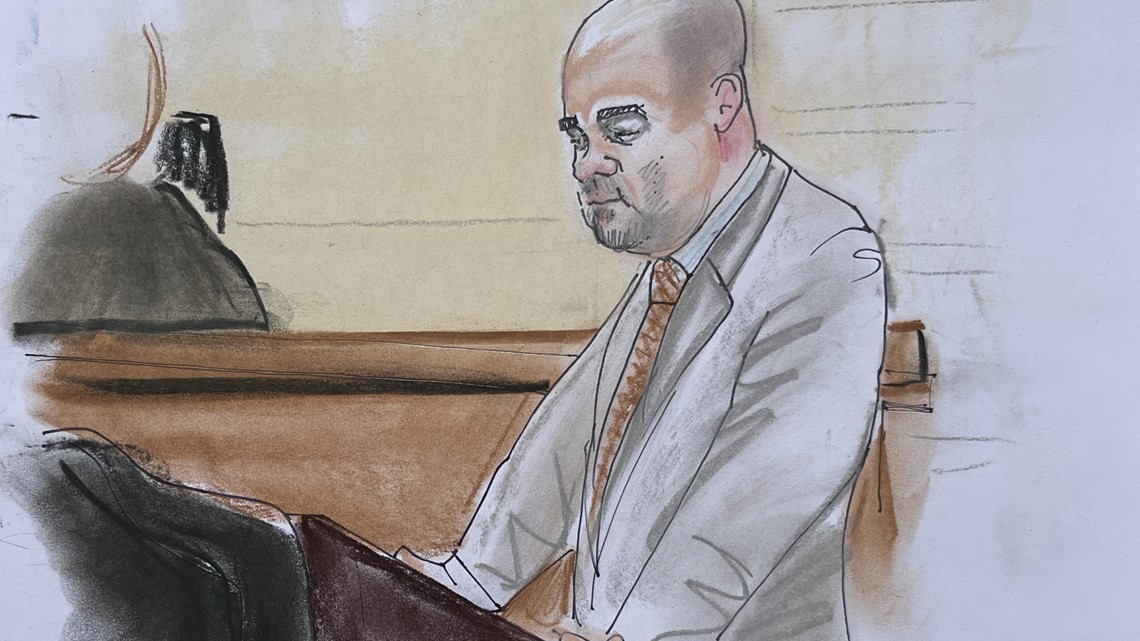
Zahn's defense
Zahn's defense, led by Eddie Suarez, defended him as a "responsible CEO," a young upstart who was brought on to bring fresh ideas. He referred to Zahn as a "visionary leader," and said he was brought in to shake things up, which "ruffled feathers."
He said that in order to convict, the jury must be able to prove that there are no "reasonable, lawful" explanations for the conduct that will be presented. They must also prove the existence of a conspiracy and collusion between the two defendants.
He said if there were "legitimate business interests" in creating the PUP plan, also called a long-term incentive plan or LTIP, then the jury cannot convict.
Suarez argued that the proposed plan was never set in stone and that no conspiracy to deliver it in secret existed. He did not acknowledge a commitment by Zahn or Wannemacher to sell JEA. He compared their development of plans to privatize and sell to a fire drill: Imagining "something terrible, like a fire in a school, doesn't mean it's going to happen," he said.
Suarez said that Zahn did not spread the "death spiral" narrative, and the only time he said those words were when he was denying that this was the state of JEA. However, he also said that JEA was "not thriving" under former CEO Paul McElroy, when Zahn came on board.
He argued, similarly to Wannemacher's attorney, that it would just be impossible to swindle everyone who was required to vet their proposals.
"This convoluted plan is a fantasy of the government's," he said.
He claimed that Zahn is a victim of political subterfuge and was only interested in improving JEA.
Suarez maintained that Zahn's plans were legal.
Zahn's defense asked that his jury be removed for Wannemacher's opening statements, so they did not hear comments Wannemacher's attorneys made regarding the bonus plan and Zahn's involvement.

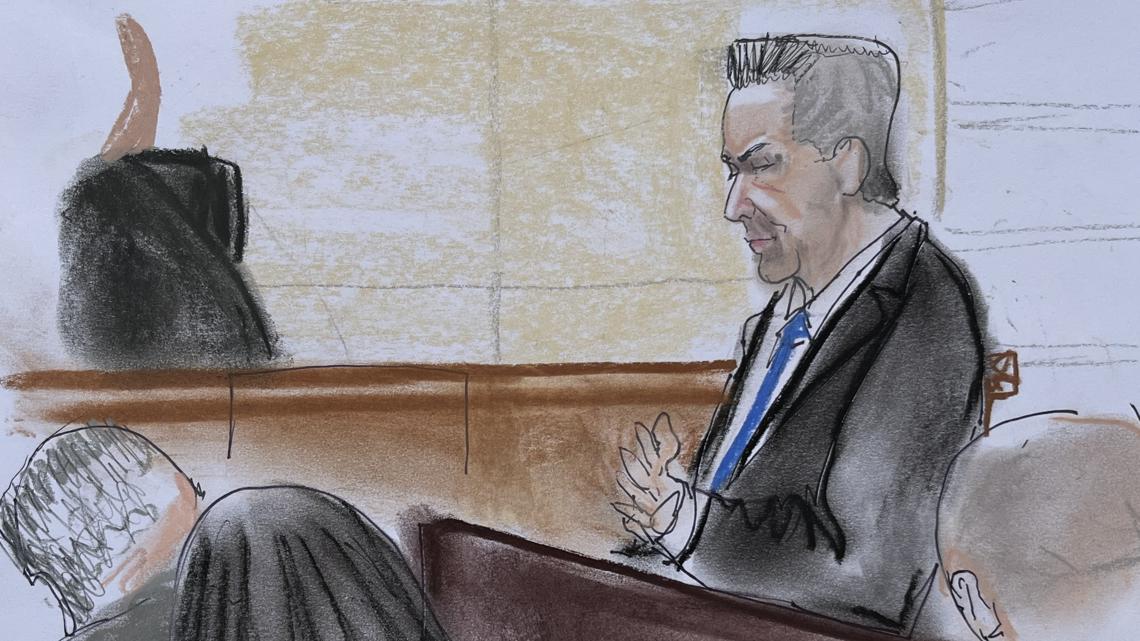

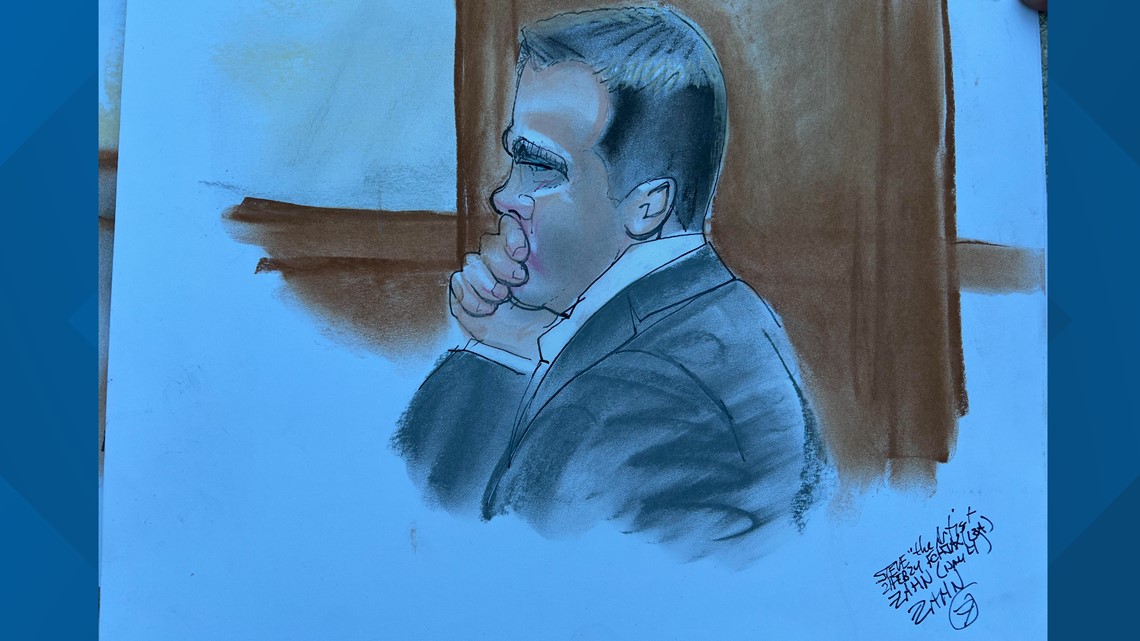
Wannemacher's defense
Wannemacher’s attorney began by presenting slideshows with pictures of board members, pictures of attorneys involved, the Office of General Counsel, the city auditors and virtually everyone involved in the case. Felman listed the qualifications and strengths of each of these people, stressing that Wannemacher would have to fool all of these people in order to commit the scheme he is accused of.
He focused particularly on a few players, including city auditors Jeff Rodda and Kyle Billy. "These are not dumbies," he told the jury.
While Wannemacher has been accused of devising the accounting to create the PUP plan, Felman said that no evidence showing this will be presented.
He briefly threw Zahn under the bus, while Zahn's jury was not in the room to hear it. "I think it should be clear to you, that without Aaron Zahn, we would not be here today."
He acknowledged the PUP plan and the fact it was controversial. He says that lawyers involved would rather "act as if they were fooled" than admit that they were in favor of it.
He also said that projections on how much money would have been involved were based on "target" numbers and couldn't be treated as fact. "You can't know what something is going to cost if it's based on something that didn't happen yet," he said.
Most of the case against Wannemacher has to do with what he allegedly hid, and what he allegedly omitted. Felman says that “(the jury) may not be happy with everything Mr. Wannemacher did," and may think he could have said more in hindsight, but "he was just doing his job."
Court is back in session tomorrow as the prosecution finishes questioning former CEO Paul McElroy. You can read more about his testimony so far on our timeline for Day 1 of the trial by clicking here.

